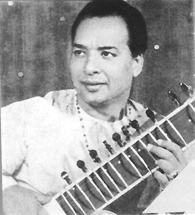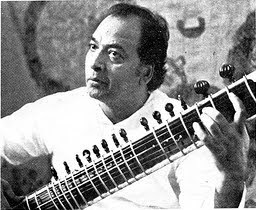Ustad Vilayat Khan: Interview - 5

This article is a part of the small attempt to consolidate all the interviews of Ustad Vilayat Khan, so that his fans and followers get to know more about his musical views and ideas, in his own words. Indian & Foreign Interview – August 1, 1970. USTAD VILAYAT KHAN DREAMS AND DOUBTS OF A CELEBRATED INDIAN MUSICIAN Vilayat Khan speaks chaste Hindi and has a soft manner of speech, very appealing to the ears. And he obviously loves an argument. He grimaces, imitates, with an abandonment of a child involved in a naughty prank. The man behind the musician is a very likable person. The he sat relaxing. His hands busy preparing a ‘pan’. The same sensitive hands which could pluck strings of a sitar and make one almost weep. Reconciliation of two disparate words – one earthy another spiritual – within a single individual. Suddenly I found myself asking: How does it feel to live with so much music within yourself? (The question surprised Vilayat Khan) Extremely painful at



